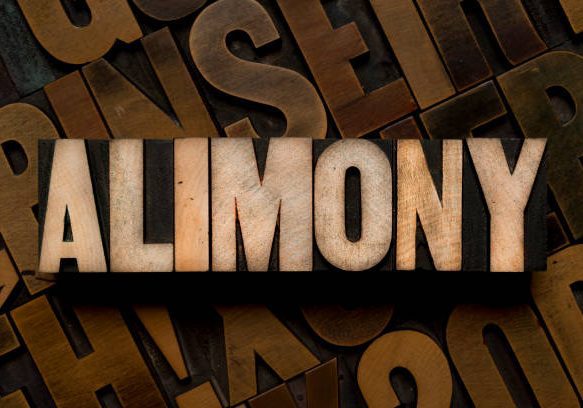Understanding Common Law Marriage: Insights and Legal Recognition in Illinois

In the realm of romantic relationships, the concept of marriage has evolved significantly, adapting to societal changes and legal reforms. Among these variations, common law marriage stands out as a unique form of union, not defined by traditional ceremonies or legal documentation but by the couple’s behavior and mutual agreement. This article delves into the intricacies of common law marriage, its legal recognition, specifically focusing on Illinois, and what individuals in such unions should know regarding their rights and obligations.
What is Common Law Marriage?
Common law marriage is an informal marriage that doesn’t rely on the conventional process of obtaining a marriage license or holding a wedding ceremony. Instead, it is established when a couple lives together for a significant period, presenting themselves as married to family, friends, and the community, without formally registering their union with the state. Key elements typically include cohabitation, mutual agreement to be married, and public acknowledgment of the relationship as equivalent to marriage.
Legal Recognition of Common Law Marriage
The legal acknowledgment of common law marriages varies significantly across the United States, with only a minority of states recognizing such unions. States that acknowledge common law marriages typically require proof that the relationship meets specific criteria, such as longevity of cohabitation, intention to be married, and general recognition of the union as marital by the community.
Couples in or considering a common law marriage must understand the legal landscape of their specific state, as this influences their rights and responsibilities concerning property ownership, inheritance, and the ability to make medical decisions for each other.
Common Law Marriage in Illinois
Illinois does not recognize common law marriage. Suppose a couple wishes to be legally considered married in Illinois. In that case, they must follow the state’s formal requirements, including obtaining a marriage license and having an officiated ceremony within a specified time frame. This stance means that couples who cohabit in Illinois without formalizing their union cannot claim the legal rights and protections afforded to married couples, regardless of the duration of their relationship or their representation to others.
Implications for Couples in Illinois
The lack of recognition for common law marriage in Illinois has significant implications for couples. Without the legal status of marriage, individuals in long-term relationships may face challenges in areas such as:
- Property Rights: In the absence of a legal marriage, property acquired during the relationship is not subject to the state’s marital property laws. This situation can complicate the division of assets if the relationship ends.
- Inheritance Rights: Without a will, a partner in a common law relationship has no automatic inheritance rights under Illinois law.
- Medical Decisions: Individuals in non-formalized relationships may not have the legal authority to make medical decisions for their partner in case of an emergency.
- Parental Rights: Parental rights and obligations, while not directly tied to marital status, can be more complicated to navigate without the clarity of a legal marriage.
Protecting Your Rights Without Common Law Marriage
For couples in Illinois or states with similar stances on common-law marriage, there are steps to take to protect each other’s rights, despite the absence of a marital bond. These include:
- Cohabitation Agreements: Similar to prenuptial agreements, cohabitation agreements can outline the division of property and responsibilities, should the relationship end.
- Estate Planning: Drafting wills, trusts, and healthcare directives can ensure that property and decision-making align with the couple’s wishes, irrespective of their marital status.
- Power of Attorney: Establishing a durable power of attorney for healthcare and finances can grant partners authority to act on each other’s behalf in critical situations.
Call to Action: Seek Legal Guidance
Navigating the complexities of relationships and the law can be daunting, particularly in the context of non-traditional unions like those akin to common law marriage. For couples residing in Illinois or planning to move there, understanding the legal landscape is crucial in safeguarding your rights and ensuring your partnership is respected to the fullest extent possible under the law.
Pinkston Law Group, P.C., is dedicated to providing comprehensive legal assistance to couples and families, regardless of the nature of their relationships. Our expertise spans family law, estate planning, and civil litigation, ensuring we can offer guidance and support tailored to your unique situation. Whether you’re looking to protect your assets, secure your partner’s rights, or simply seek advice on the best path forward, our team is here to help.
In a world where legal recognition of relationships can significantly impact your life and rights, having an experienced legal partner is invaluable. Contact Pinkston Law Group, P.C., today to schedule a consultation. Let us assist you in navigating the complexities of Illinois law, ensuring that you and your loved ones are protected, respected, and fully informed every step of the way.





